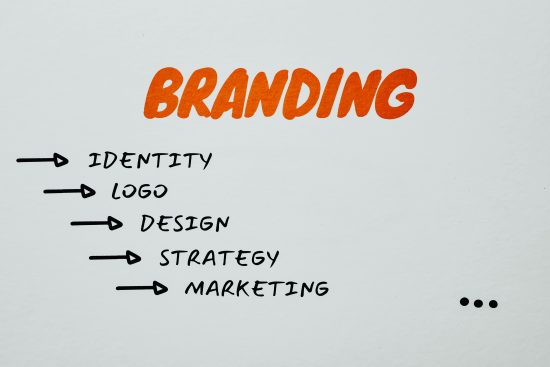
Getting to Grips With SEO For Your Business
Businesses absolutely need an online presence these days- regardless of whether or not your actual sales take place online. It’s something that every company requires, and therefore knowledge of SEO and marketing is relevant to all business owners. While you’ll likely be using an agency or hiring a professional to deal with your marketing, it’s still important that you understand the fundamentals and how marketing and SEO play into your business. This short guide will allow you to brush up on the basics.
 https://www.pexels.com/photo/desk-laptop-office-friends-4960464/
https://www.pexels.com/photo/desk-laptop-office-friends-4960464/
What is Search Engine Optimisation?
SEO or search engine optimization is the process of improving the quality and quantity of website traffic to a website or a web page from search engines. SEO targets unpaid traffic rather than direct traffic or paid traffic- it’s those first few spots in search engine listings that come up naturally when users search for what they’re looking for, as opposed to the ads that are listed directly at the top. It’s important as it increases the number of visitors to your website by ranking highly in search engines. Search engine optimization involves utilising a linking strategy and the right keywords, so that when a customer searches for businesses or products like yours, yours will be one of the first to show. Research has shown time and time again that most traffic is gained through the top few results in search engines, so if your business is way down at the bottom of page one (or not showing on page one at all) then you’re going to be missing on a huge majority of customers. Unlike search engine marketing (SEM) , SEO is essentially free; while you will likely need to employ an agency or hire a qualified staff member to do this properly, it doesn’t directly cost anything to implement. It’s simply the process of using the correct keywords within your website and blog posts which link your content with search queries people are using.
What are Keywords and How do I Find Relevant Keywords to Target?
Keywords are the words or phrases that will match what potential customers are searching for to your business. Keywords can be used in links, as titles on pages, as image alt text and much more. Because of high levels of competition, as a smaller business your strategy should involve targeting long tail keywords. This is because more general keywords will be heavily targeted by multi billion dollar companies so won’t be possible to compete with. Take the keyword ‘shoes’ for example, instead of spending your budget on such a high competition keyword go with something more specific. Do you sell womens strappy clubbing shoes? Orthopaedic work shoes or children’s smart shoes for weddings? Target these sorts of phrases instead. You can find out what keywords are being searched and where it’s best to use your budget by using tools like Google Keyword Planner and Semrush.
Black Hat and White Hat Strategies
If there’s one piece of advice to take on board when it comes to search engine strategy, it’s that search engines are smart. Their algorithms are incredibly powerful, and sketchy practices can and will be picked up, these can lead to penalties or even have your website banned from listings completely. Even without much marketing knowledge, you’re probably well aware that practices such as keyword stuffing, cloaking, spamming and invisible text are all against the rules. There are other practices however which are less obvious, and for that reason if you don’t know much about marketing you might find yourself doing if you’re simply ‘having a go’ at your own SEO. It’s worth employing a company or an expert to tackle this for you since they’ll be knowledgeable and up to date with recent guidelines- which is important as these things do change over time. Agencies and qualified employees can also take your specific needs into consideration, for example maybe you’re a Magento website or maybe targeting specific keywords will lead to better sales for your particular business. Overall, search engine algorithms are strongly based around user experience, so if you can see that your page offers little value to a customer and has just been created to rank highly, chances are the search engine won’t like it. Your website and content should be user friendly, add value to the reader and be original. From there, you can utilise SEO to optimise what you do so your customer can find you. Do your research, know that outdated methods or those that try to cheat the system will do you more harm than good.

 My name is Garlak Theodorakis, I am graphic designer with almost 10 year experience in the field. Founded Tooft.com in january 2010 with idea to share my knowledge with the world.
My name is Garlak Theodorakis, I am graphic designer with almost 10 year experience in the field. Founded Tooft.com in january 2010 with idea to share my knowledge with the world.






